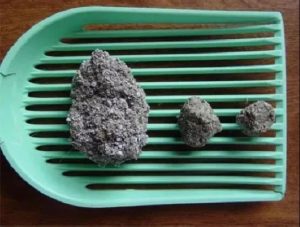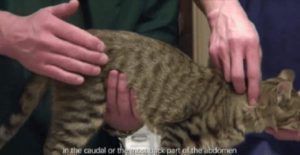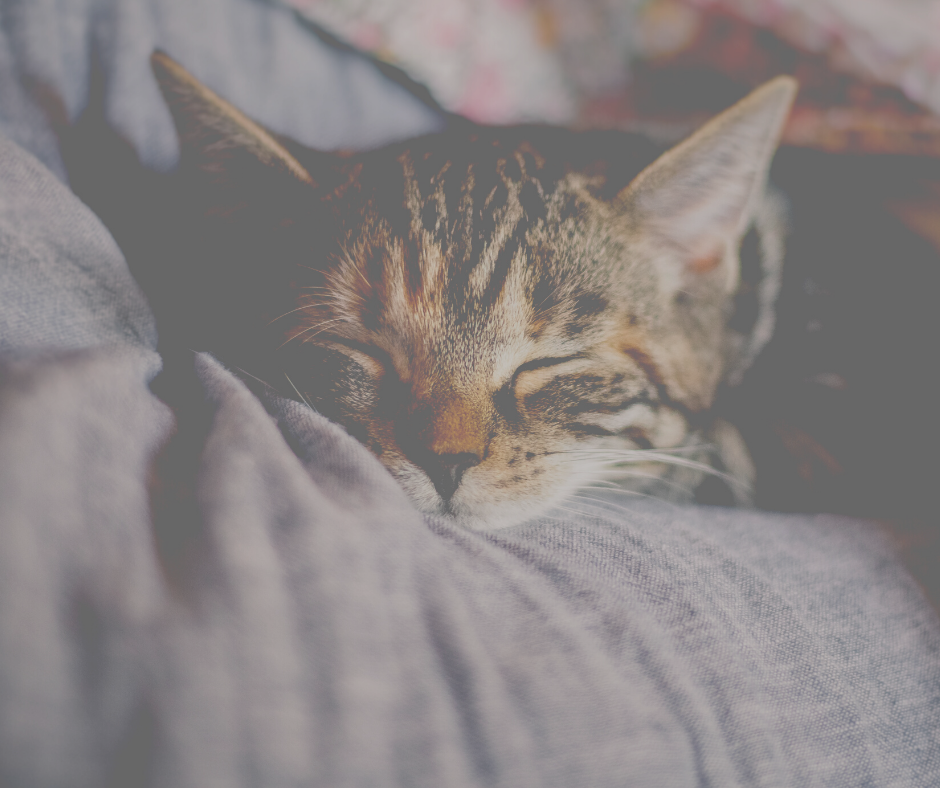Abnormal excretion of cats is sometimes a very urgent medical condition, which means: 1. These conditions must be dealt with in the hospital. Don’t try to “treat at home” because the home does not have the conditions to deal with it; 2. The first time after discovery Going to the hospital, delaying time will cause more serious consequences.
Today, we will come to know an emergency medical condition related to urinary obstructions.
Why cat suddenly can’t pee?
Urinary obstructions refers to a situation where urination is difficult or even impossible. When the cat is unable to urinate at all, urinary obstructions can cause acute kidney injury (AKI) and cat may die within 24 to 48 hours. Therefore, when you find that your cat has symptoms of urinary obstructions, you must hurry up and send it to the hospital for urethral catheterication.
Case: A two-year-old neutered male cat made a humming sound before and after going to the toilet at night. The next day, the cat was not in a good state. He lay on his stomach without moving, but had a normal appetite and was drinking water, and he did not urinate. At night, the cat’s state is still bad. His owner took the cat to the hospital for emergency treatment. After the examination, it was diagnosed that the bladder epithelial cells fall off and cause blockage of the urethral opening.
This owner discovered that the cat had urinary obstruction at a very early stage. Most people would take two to three days to found out. By this time, it may have caused kidney damage, or even AKI.
Urinary obstructions in cats generally develops in stages. In the early stages, the cat’s symptoms may not be very obvious, and the owner may not be able to observe the cat’s urination process in time; when several cats in the house are excreted in the same litter box, it is difficult for the parents to find the abnormal by shoveling the feces. These conditions make it difficult to find the cat’s urinary obstructions in time.
What kind of behavior does the cat have when having urinary obstructions?
At the beginning of urinary obstructions, the cat’s urethra may not be completely obstructed. At this time, the cat will have some abnormal urination behaviors:
The cat may go in and out of the litter box repeatedly, but only a little or no urine each time. When shoveling feces, you will find that the urine mass becomes significantly smaller.


Contrast with normal urine mass (left)
Sometimes, the cat will make a painful cry in the litter box; some cats will not enter the litter box because of the painful urination process, but will urinate a little on the ground or on the bed.
When you find that cat urine is in a place where it shouldn’t be, don’t rush to blame it. First observe whether it has difficulty urinating.
Due to the pain, the cat may frequently lick around its genitals or the base of its tail and prevent you from touching it. Some cats will hide.
As the disease progresses to complete obstruction, urine cannot be discharged, and metabolic waste products such as urea nitrogen, creatinine, and potassium will accumulate in the blood. Cats usually experience vomiting, loss of appetite, and extreme lethargy. This shows that the obstruction of the urethra has allowed the body’s toxins to accumulate to a certain level.
Suspect that the cat’s urine is closed? Here is a practical way of judging
When it is found that the cat has some of the above characteristics, we can reasonably suspect that the cat may have urinary obstruction. By touching the cat’s bladder, we can quickly determine whether the cat has closed urine and whether it should be treated immediately.
- Let the cat stand on the table, find the position of the bladder (the abdomen is close to the bottom), and press it slightly.


- A normal bladder should be the size of an orange and as soft as a balloon filled with water.
- When the urethra is obstructed, the bladder will be as hard and strong as a peach. When pinching, the cat will feel pain.
- A healthy bladder is very small and almost untouchable when emptying, and it is soft when it is full of urine. If the bladder is like a hard peach, then urine is closed. You should take the cat to the hospital for catheterization as soon as possible!
The cat’s difficulty in urinating must be taken seriously by the owner at the first time. Urine closure is a race against time. Don’t delay the precious treatment opportunity!

I’m not sure where you’re getting your information, but good topic.
Itís nearly impossible to find well-informed people for this topic, but you seem like you know what youíre talking about! Thanks